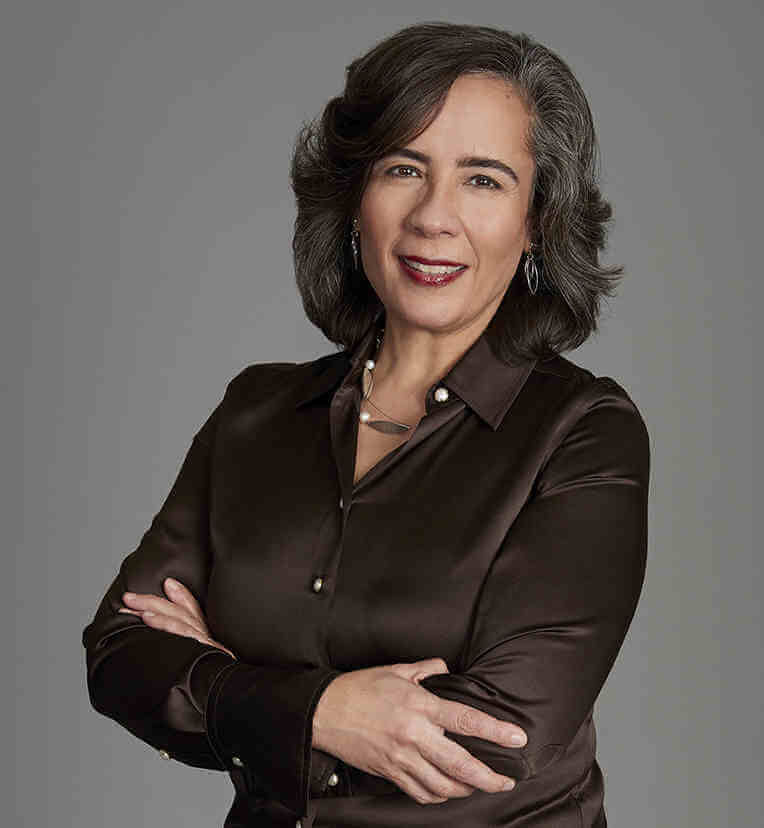Two top New York City officials are calling on the medical profession to reconsider its approach to surgeries for intersex infants amid concerns that such operations at birth can be traumatic and lead to problems for them later in life.
Intersex people, who are born with a reproductive system or anatomy that does not align with the usual definitions of male or female, often are forced as babies to undergo surgeries that attempt to adjust their anatomy to more closely reflect one or the other. But that practice has come under intense scrutiny — especially since those surgeries don’t necessarily reflect the gender identities of folks when they get older. City Health Commissioner Dr. Oxiris Barbot and Human Rights Commissioner Carmelyn P. Malalis penned an op-ed for Ozy.com stating that there is a “growing consensus among medical providers to defer surgical interventions until an individual is able to have an informed voice in the process.”
“Now is the time for doctors to respect the rights of intersex people, use compassionate care with children and only perform surgery when the health of a child is at imminent risk or it is consensual,” the pair wrote. “Parents deserve to be given resources for social and psychological support when their children are born with intersex traits, not pressured into having doctors operate. New York City will continue to support and advocate for intersex people, and we call on others to join us as allies.”
Barbot recalled a time 25 years ago when, as a resident physician, she was asking a patient a series of questions to try to determine why they were suffering from abdominal pain. The patient revealed in their responses that they had undergone genital reassignment surgery as a child without their consent and, as a result, had no desire to receive a physical examination.
“The patient said, ‘No offense, Doc, but I am not going to let you touch me. I am tired of having residents parade through my room and my body to see what it looks like to be the aftermath of intersex surgery done during the ’70s.’ In fact, the only person they would allow to touch them was the original surgeon, even if that meant waiting in pain for hours. What I learned that day was that decisions made by adults out of ignorance and fear can leave lifelong physical and mental scars.”
The position regarding surgery taken by the two commissioners in the op-ed is in line with the stance of several intersex advocacy groups. The Intersex Society of North America states on its website, “Like all sane people, we believe it is appropriate to have competent surgeons perform operations necessary to resolve a life-threatening metabolic crisis.” For other surgeries, the organization said, they “believe that competent patients should be allowed to get the surgeries they want after they have been fully informed of the risks and benefits.”
The American Academy of Family Physicians similarly states, “Genital surgeries should only be recommended for intersex infants and children for the purpose of resolving significant functional impairment or removing imminent and substantial risk of developing a health- or life-threatening condition.”
The city has recently taken steps to reform the rights of intersex people. Barbot and Malalis pointed to the Commission on Human Rights’ updated guidance this year stipulating that discrimination protections on the basis of sexual orientation and gender identity encompass discrimination against intersex people. Furthermore, the health department in January revised its policy regarding changes in birth certificates to include non-binary people — including intersex people, following an earlier change in law allowing people to choose an X marker in place of either male or female on the documentation.
“This step shifts the conversation and grounds it in the reality that gender is fluid,” the pair wrote.



































